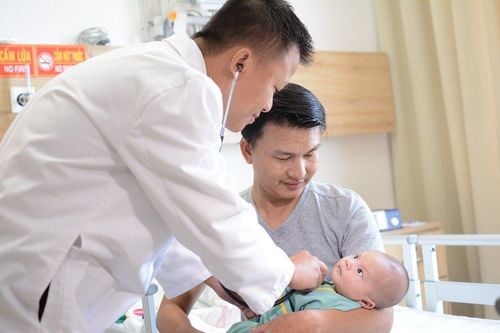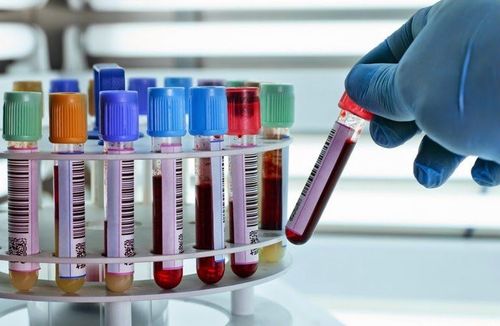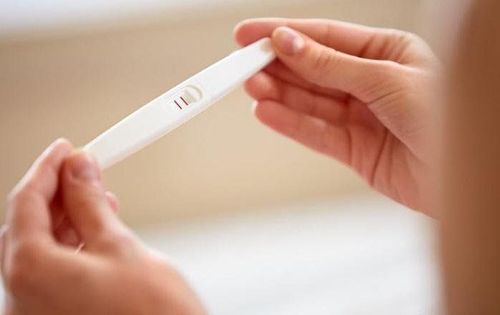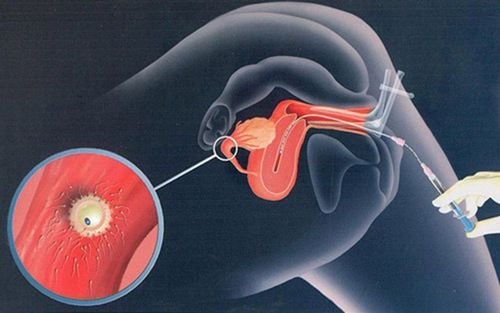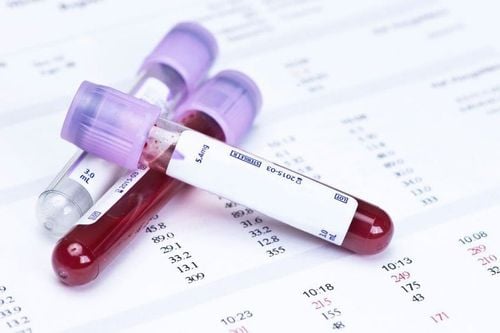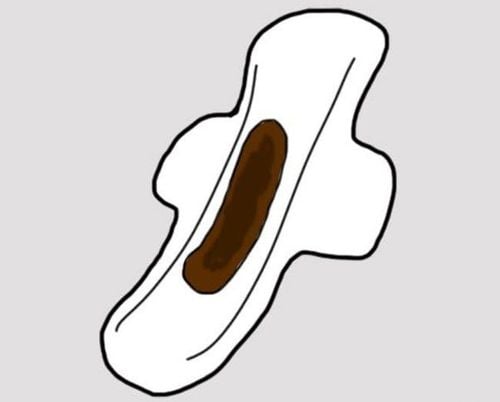This is an automatically translated article.
Insemination is one of the assisted reproductive techniques used by many couples. However, there is still a failure rate of sperm injection and it is necessary to do it again so that infertile couples can have children.
1. Briefly about the method of sperm injection into the uterus
Intrauterine Insemination (IUI) is a simple and affordable method of assisted reproduction, so it is the first choice of many infertile and infertile couples. With this method, doctors will filter and wash the husband's sperm, selecting the best quality sperm. The doctor then injects sperm into the woman's uterus.
Indications for intrauterine insemination for the following cases:
Both husband and wife or one of them have infertility and infertility. One of the wife's fallopian tubes is still functioning well, still ovulating normally; The husband still has sperm, quantity and quality within the allowable level. If the husband's sperm quality is too poor, the success rate of the sperm injection method will be low; The wife has abnormal cervical problems; Both husband and wife have infertility and infertility, have gone to the doctor but have not found a specific cause; The wife has mild pelvic adhesions.
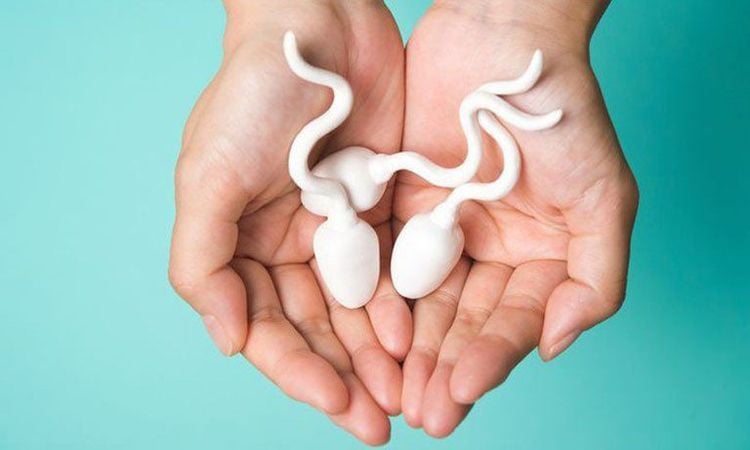
Bơm tinh trùng (Intrauterine Insemination - viết tắt là IUI) là phương pháp hỗ trợ sinh sản đơn giản
2. Intrauterine Insemination (IUI) Procedure
Ovarian stimulation: Helps increase the rate of conception. With this method, the wife needs to go to a medical facility to monitor the condition of the follicles and the doctor to advise the appropriate ovarian stimulation method (injection or oral stimulation); Injections or pills to stimulate ovulation: After checking that the ovum is mature, the wife is given injections or pills to stimulate ovulation. After about 36 - 48 hours will go to the hospital to prepare for sperm injection; Sperm collection: The husband can collect sperm at home or at a medical facility. In case of collecting sperm at home, it is necessary to bring it to the hospital within 30 - 45 minutes; Sperm filtration and washing: After collecting the husband's sperm, the doctor will take them for filtration. Doctors will select the strongest and best quality sperm and concentrate them; Insemination: The doctor takes a special small tube, inserts the selected husband's sperm into the uterus of the wife through the vagina.
3. Success rate of sperm injection method
The success rate of the insemination technique depends on many factors, the most important being the quality of the sperm and ovum. According to research, if the quality of sperm and ovum is at acceptable levels, the success rate of this method is about 6%. To increase the success rate, couples should use follicle stimulating pills to release more eggs, increasing the chances of having a baby by up to 26%.
Besides, sperm injection failure or success depends on the age of the wife. The older the wife, the lower the success rate. In addition, location, health status, causes of infertility, sperm quality, ovarian follicles, ... also affect the success rate of this method.
Where all factors are in ideal conditions, couples can successfully conceive from the first time using the technique. If the first time is not successful, couples can also continue to try the 2nd and 3rd time. In case the 3rd time still fails (IUI failed many times), then another assisted reproductive method should be applied. , like artificial insemination .
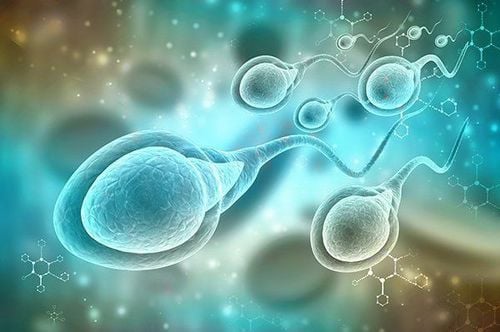
Tỷ lệ thành công của kỹ thuật bơm tinh trùng phụ thuộc vào nhiều yếu tố, quan trọng nhất là chất lượng của tinh trùng và noãn
4. How long after the failed sperm pump can be done again?
Usually, the time to determine whether a couple is pregnant or not is 2 weeks after sperm injection. Through the use of pregnancy test strips or blood tests, the pregnancy outcome will be determined. If the pregnancy test shows 2 lines, the wife is pregnant, if there is 1 line, it means not pregnant.
If sperm injection fails, it can be repeated. The time between 2 ovulations is 1-3 months (for the ovaries to be able to recover after taking the drug). The pumping time of each person will be determined by the doctor. Depending on the specific case, the time of the next IUI will be 1-2 cycles of ovulation since the previous failed pump. If pumping more than 3 times and still fail, the couple will be assigned to perform IVF. The success rate of in vitro fertilization is about 50%.
There are many factors that affect the success rate of assisted reproductive technology. If unsuccessful, couples need to follow the doctor's instructions on when to repeat and other notes to improve the chances of pregnancy.
Customers can come to the Center for Reproductive Support - Vinmec International General Hospital. This is the leading center in Vietnam, which has developed and applied a comprehensive medical examination and treatment process, combining both gynecology and obstetrics and gynecology to provide the optimal method for each patient's case.
Advantages when customers choose Vinmec fertility center:
Equipped with modern equipment, clean air system according to international standards to ensure lab quality, single cabinet system to optimize quality embryo, improving the success rate for each cycle of artificial insemination. Implement most advanced assisted reproductive techniques in the world: ICSI (injection of sperm into the oocyte cytoplasm); support embryo escape membrane; Reproductive reserve: embryo freezing, sperm freezing, oocyte freezing to help customers take the initiative in giving birth at will, transferring embryos on day 5, minimizing pregnancy; male infertility techniques (PESA, MESA, TEFNA, TESE) Besides advanced reproductive support methods, a team of excellent doctors in the country and the world, with prestige and long-term experience in the field of infertility .
Please dial HOTLINE for more information or register for an appointment HERE. Download MyVinmec app to make appointments faster and to manage your bookings easily.




